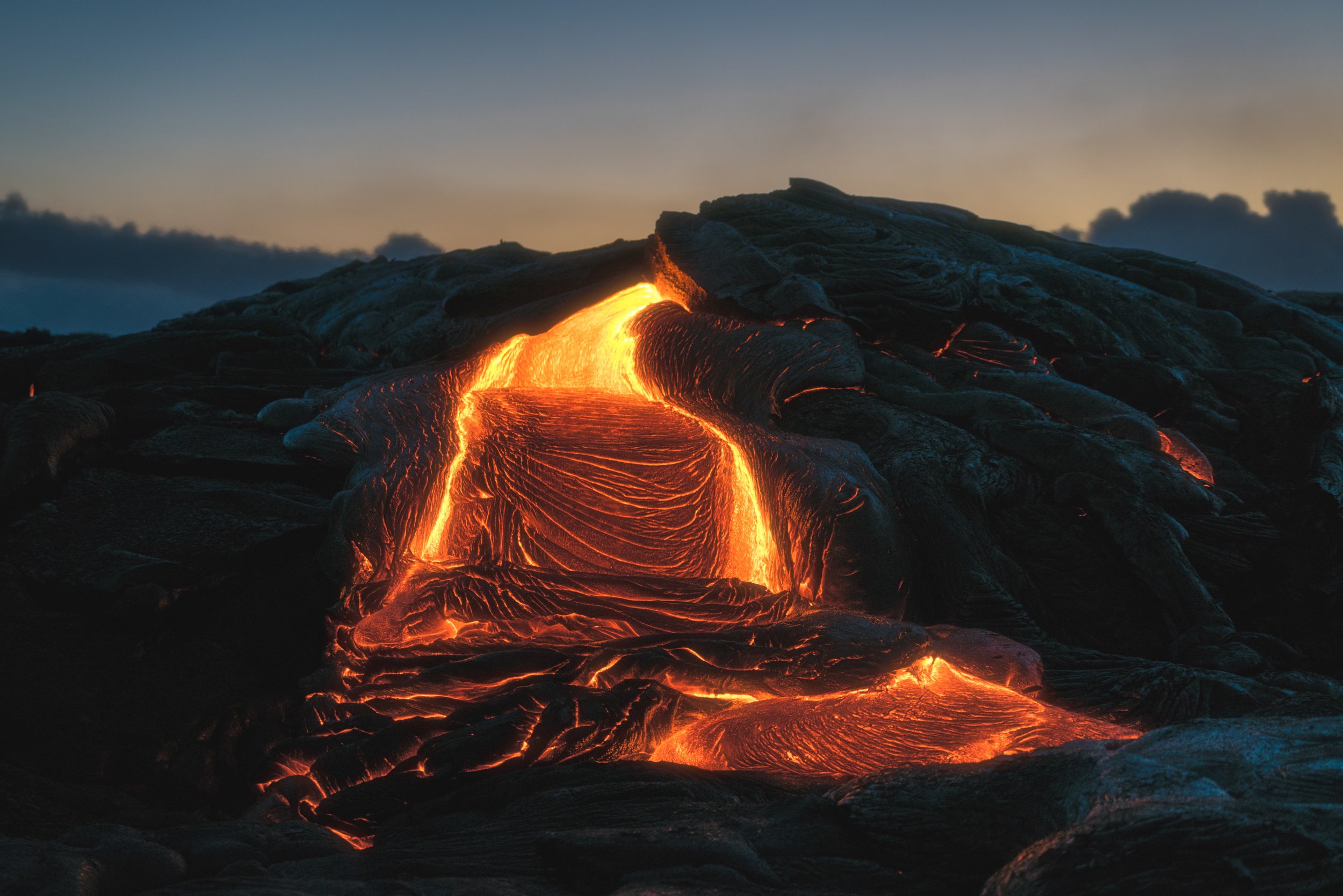On Summer Heat, Too Much Meat and more
Photo by Julien Millet
- Last week, USA TODAY reported, ”In the USA, there were 1,782 new daily high temperatures, 101 new monthly heat records and 29 all-time highs in July, many of which were recorded in Texas, New Mexico and Louisiana”
- The Associated Press’ article “Japan’s weather-related deaths top 300 in July” (Aug. 1) said “More than 300 people died in July from weather-related disasters in one of Japan’s deadliest months in recent years …
- "Disaster authorities say at least 220 people were killed early in the month by severe flooding and landslides in western Japan, with nine more still missing and presumed dead. That was followed by record temperatures topping 40 C [104 F]. The heat has been blamed for 116 deaths."
- The Wall Street Journal’s “Adding Up the Cost of Climate Change in Lost Lives” (Aug. 1) coverage of research by the Climate Impact Lab, a think tank at the University of Chicago included, “While climate change can have many repercussions from rising sea levels, changed crop yields, drought, migration and potentially civil unrest, this study considers only heat.
- "Excessive heat can lead to brain and kidney damage and cardiovascular stress, especially for those over 64, which is why Japan’s recent experience is relevant. Japan is an aging society and the rest of the world will get steadily older over the coming century.”
- The World Meteorological Organization's article “Drought and heat exacerbate wildfires” said “The unusually hot and dry summer in parts of the northern hemisphere has turned fields and forests into fuel for fires which are raging from the Arctic to the Mediterranean and West Coast of North America. These wildfires have ... far-reaching impacts for the environment, ecosystems, human health and the climate
- "The wildfires are notable because they are happening in some places such as Scandinavia which are not accustomed to them."
- The Smithsonian’s article “Will China’s Growing Appetite for Meat Undermine Its Efforts to Fight Climate Change?” (July 3) said “The country consumes 28 percent of the world’s meat—twice as much as the United States.
- "Raising animals for human consumption, after all, generates climate-changing emissions at every stage of production …
- "cattle are themselves a source of huge quantities of methane, a greenhouse gas much more potent than carbon dioxide ….
- "cattle-raising is a major contributor to deforestation, another cause of increases in carbon emissions."
OUR TAKE
- Is the climate changing? Yes - and the impacts are broad-based including economic, health, safety and more.
- Regarding climate change and meat – meat demand, in China and globally, contributes to agricultural emissions that increase the planet’s temperature.
- Regardless of individual views on climate change, the future will require the development of various mitigation and adaption strategies.

